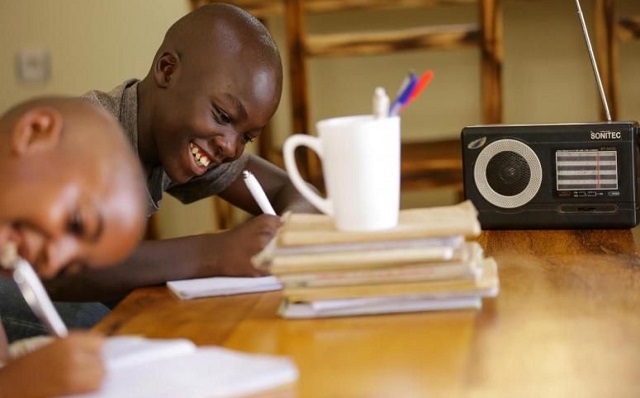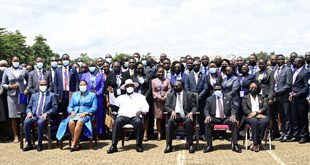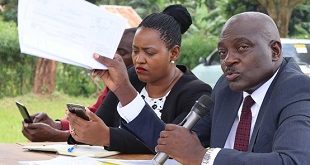
Kampala, Uganda | THE INDEPENDENT | With schools closed again because of the second wave of COVID-19, the Ministry of Education has revived radio lessons to ensure continuity of learning. The Ministry is broadcasting lessons on 15 radio stations across the country targeting primary four and five classes. The stations are broadcasting two 25 minutes lessons each day, three days a week.
The lessons are pre-recorded by the National Curriculum Development Center-NCDC and sent to selected radio stations across the country for broadcast. The previous lessons were criticised for falling short of the basic standards of teaching and production. During the lessons, teachers would show up in radio or television studios and conduct live lessons like they do in the classroom setting.
To some experts, it seems the government learnt nothing and forgot nothing from the first attempt in the previous lockdown. Ali Mubiru, a professional producer with Radio Simba, says that the developers of the content in question are basically recording conventional classroom lessons and broadcast them on the radio making them unappealing to learners.
Mubiru says there is a need to produce tailor-made content to capture the attention of the learners.
Mubiru, who is also a trained teacher with a Master’s Degree in Technology in Education, says such lessons cannot serve the purpose given the medium through which they are delivered. He says that there is a need for adequate preparations and involvement of producers to ensure the broadcast appeals to the targeted audience.
Jackson Okello, the South Sudan Country Director for Speak-Up, a project that has been in the field of broadcasting lessons in the conflict-ravaged Horn of Africa for the last decade also listened to some of the radio lessons airing on the selected stations. He says that the content developers need to return to drawing board, arguing that the few teachers he listened to sounded more like news anchors.
“The teachers talk right from the start of the lesson to the end. There is nothing designed to attract the participation of learners. Although teachers have the content, I think there is a need to incorporate radio production experts,” he said. Similar arguments were highlighted in the 2020 UNSECO report, indicating that broadcasted lessons in many African countries, Uganda inclusive, lacked collaboration between education specialists and the professionals in the production sector.
Mubiru says that besides the content, the lessons should have sound effects, humorous skits, bytes, and stories all scripted to help engage listeners by making the lesson interactive and memorable. He asserts that all this must be done in a professional studio. Our reporter listened to some of the lessons produced for radio broadcasts in South Sudan and indeed they captured most of the highlighted components.
They were also not limited to teachers as other people like local journalists were used to develop content and collect interviews for the lessons. For instance, during one of their English lessons, interviews were collected from mothers to help learners understand concepts in cooking.
A similar approach is used by another project dubbed “Making Waves” which has been airing radio lessons for learners in the eastern Democratic Republic of Congo. Their lessons are delivered like a play or ongoing skit – rather than an audio lecture – and use different characters to reinforce the lesson.
Citing an example of a Social Studies lesson on ‘our leaders’ broadcast on Monday, Mubiru said if the lesson had been produced in the right way, it should have included interviews from people or known leaders. However, to his surprise, the teacher kept on reading from his notes without even providing learners any examples.
Asked how the lessons were being prepared, Grace Baguma, the Director National Curriculum Development Center said they were just recorded in their studio at NCDC. “We brought on board some experienced teachers. We trained them on how this can be done and then recorded the lessons. The lessons were recorded from NCDC and they passed our quality assurance,” Baguma noted.
She, however, didn’t answer questions on whether NCDC had benchmarked from other players to understand how this is done differently or consulted professionals in production as the UNESCO report had recommended. Whereas the Ministry is struggling to produce the radio lessons, this is not the first time radio stations are broadcasting lessons in Uganda.
Back in the 60’s, radio Uganda used to broadcast lessons covering the English language, civic education and basic science. Many students at that time benefitted from the arrangement and learnt a lot.
****
URN
 The Independent Uganda: You get the Truth we Pay the Price
The Independent Uganda: You get the Truth we Pay the Price


